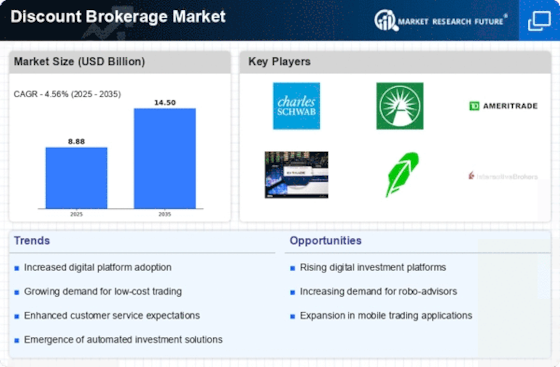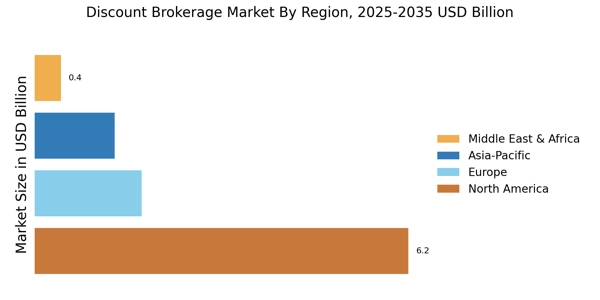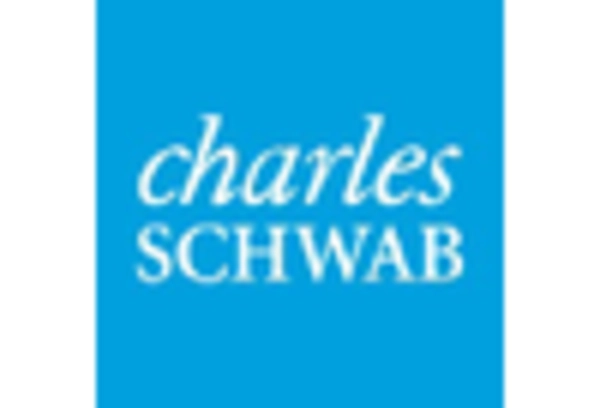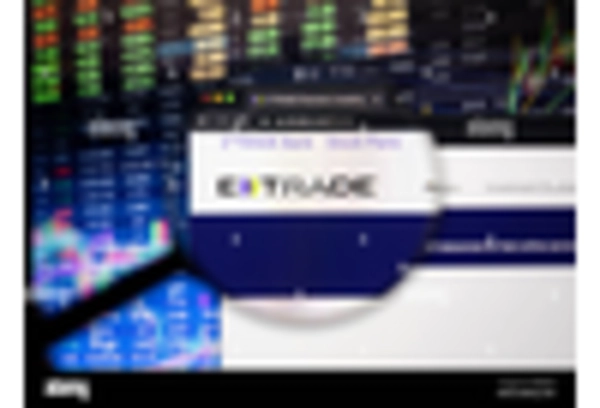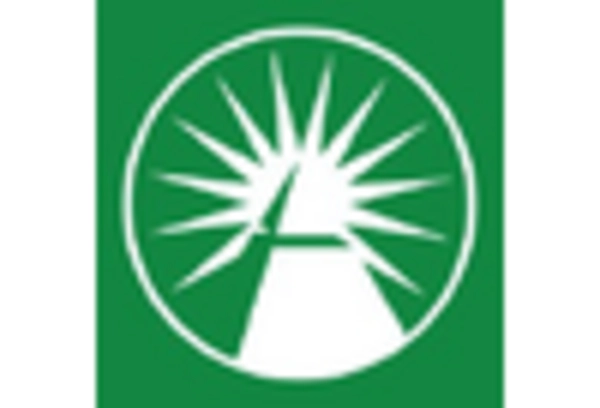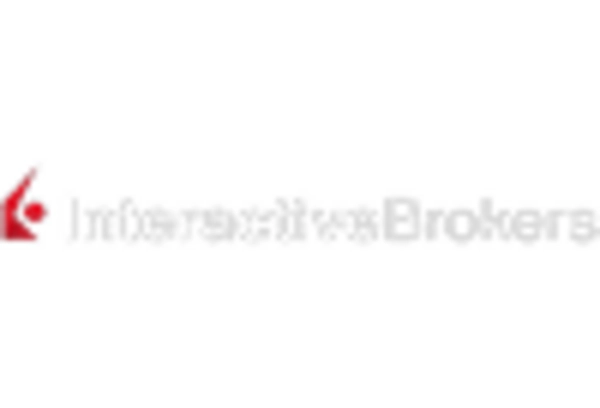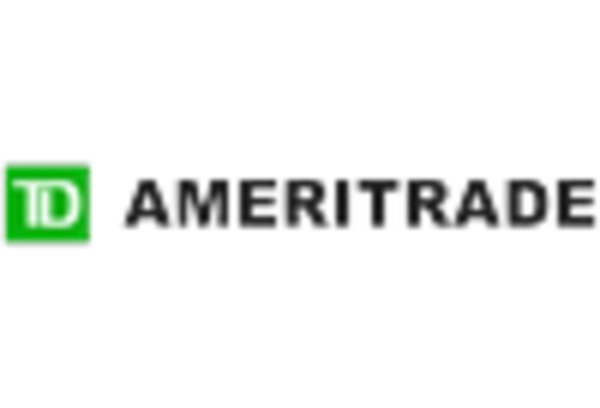Regulatory Changes
Regulatory changes are playing a pivotal role in shaping the Discount Brokerage Market. Recent reforms aimed at increasing transparency and reducing trading fees have made it easier for new entrants to compete. For instance, the introduction of zero-commission trading models has disrupted traditional brokerage firms, compelling them to adapt or risk losing market share. As of October 2025, the number of discount brokers has surged, with many offering innovative services to attract clients. This regulatory environment fosters competition, which may lead to better pricing and services for consumers, thereby driving growth in the Discount Brokerage Market.
Global Economic Trends
The Discount Brokerage Industry. Factors such as low interest rates and increasing stock market participation are encouraging more individuals to invest. As of 2025, the number of retail investors has reached unprecedented levels, with many seeking low-cost trading options to maximize their returns. Additionally, economic recovery in various regions is fostering a favorable environment for investment, further driving demand for discount brokerage services. This trend suggests that the Discount Brokerage Market may continue to thrive as more individuals recognize the potential benefits of investing in financial markets.
Rise of Mobile Trading
The rise of mobile trading applications is significantly influencing the Discount Brokerage Market. With the proliferation of smartphones, investors are increasingly opting for mobile platforms that offer real-time trading capabilities and user-friendly interfaces. As of 2025, it is reported that nearly 75% of retail investors utilize mobile apps for trading, reflecting a shift in consumer behavior towards convenience and accessibility. This trend not only enhances user engagement but also expands the market reach of discount brokers, allowing them to cater to a broader audience. The Discount Brokerage Market is thus likely to continue evolving in response to these mobile-centric preferences.
Technological Integration
The Discount Brokerage Market is experiencing a notable shift due to the integration of advanced technologies. Innovations such as artificial intelligence and machine learning are enhancing trading platforms, allowing for more efficient transaction processing and improved user interfaces. As of 2025, it is estimated that over 60% of trades are executed through automated systems, which significantly reduces costs for both brokers and investors. This technological evolution not only streamlines operations but also attracts a younger demographic that is more tech-savvy. Consequently, the Discount Brokerage Market is likely to see increased participation from retail investors who prefer low-cost trading options that technology facilitates.
Increased Financial Literacy
Increased financial literacy among the general population is contributing to the growth of the Discount Brokerage Market. Educational initiatives and online resources have empowered individuals to take control of their investments, leading to a surge in self-directed trading. As of October 2025, surveys indicate that over 50% of new investors feel confident in managing their portfolios independently. This trend is particularly pronounced among millennials and Gen Z, who are more inclined to engage with discount brokers that offer educational tools and resources. Consequently, the Discount Brokerage Market is poised for expansion as more individuals seek to invest without the need for traditional financial advisors.


